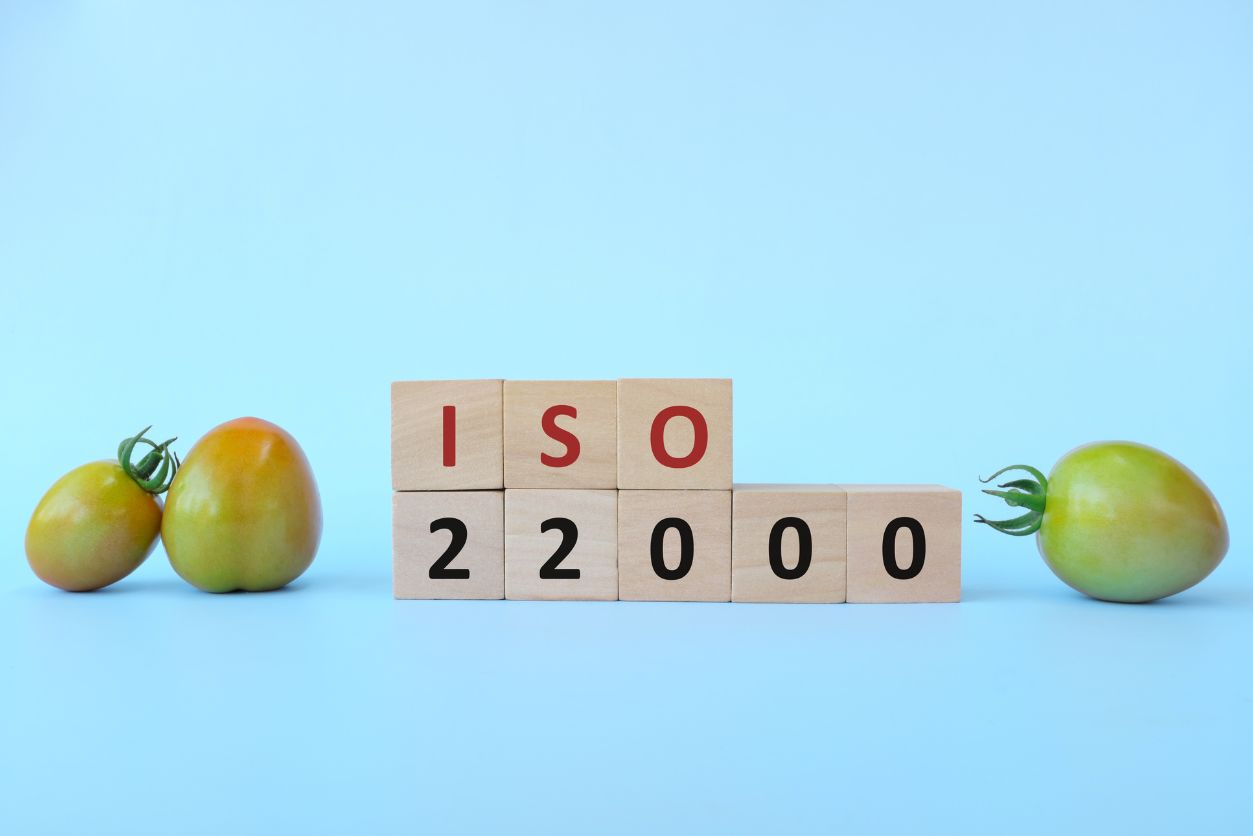Maintaining a Food Safety Management System (FSMS) such as FSSC 22000, SQF, or ISO 22000 includes conducting internal audits to ensure systems are implemented as intended. Internal auditors compare processes to documented policies and identify nonconformances that suggest the system is not operating as planned or meeting the standard’s requirements. The ultimate purpose of an internal audit is to drive continuous improvement and measure compliance with the documented system.
Read on to learn how to perform a successful internal audit.
Setting up an Internal Audit
An internal auditor is a trained individual who observes the interaction of processes within a Food Safety Management System (FSMS) and is responsible for finding objective evidence to verify effective implementation of the FSMS. The internal auditor also examines employees’ knowledge of the FSMS documentation and requirements as well as records staff’s adherence to the requirements.
Along with internal auditors, facilities should also designate an internal audit coordinator or lead auditor to maintain the audit schedule, assign auditors, and initiate audits. The coordinator will work with management to identify the different areas that must be audited, and audit frequency. For example, a facility might divide the facility into several production areas, shipping and receiving, warehousing, purchasing, administration and management. Each of these is covered in a separate audit.
The audit schedule will identify how often each area is audited, and when the audits are scheduled. The frequency of audits is determined by the importance of the area and the status of the area. The importance is based on the impact of the area on food safety. For example, production areas may have more impact than warehousing. The status of the area is based on how the area has been performing in previous audits. If an area has had numerous findings, it should be audited more frequently.
Audits should cover the whole system a minimum of once per year. Coordinators should verify that enough auditors are trained and available to complete the schedule.
Internal audit coordinators are responsible for creating an audit plan that includes identifying procedures subject to auditing in each department or area. The coordinator should assign auditors who are impartial to the area being audited.
Before starting the audit, the internal auditor holds an opening meeting with management to discuss how the auditor plans to implement the audit. The auditor contacts employees of the area being audited and communicates when and why the audit is taking place. This will help staff to be adequately prepared to provide information to the auditor.
Implementing an Audit
During an internal audit, the auditor observes the process and procedures related to a specific area, comparing them with documented procedures and work instructions. A standard checklist helps the auditor assure the basic audit requirements are evaluated. However, the auditor should take detailed notes to create a more thorough and customized report. Throughout the audit, the auditor looks for evidence that the FSMS is working effectively, asks questions, identifies nonconformances, and confirms that the auditee understands the auditor’s findings.
The internal auditor investigates the audit’s results and prepares the audit report to present at the closing meeting. The audit report highlights important findings to help the company improve the FSMS. In the closing meeting, participants discuss nonconformances and corrective actions. The auditor prepares the audit file and follows up on suggested corrective actions. If an audit uncovers substantial nonconformances, the auditor increases the frequency of audits in that area.
Internal Auditor Training with Registrar Corp
Registrar Corp’s internal audit training teaches you how to conduct a successful audit from start to finish. Our self-paced online training guides you through planning your audit, conducting your audit, documenting your findings, and holding your opening and closing meetings. We offer internal auditor training for various Food Safety Management Systems, so you can train on the system your company uses or intends to use.
Click to learn more about Registrar Corp’s internal auditor training options:
FSSC 22000 Internal Auditor Training
ISO 22000 Internal Auditor Training
For more information, contact us at +1-757-224-0177 or chat with a Regulatory Advisor 24-hours a day at https://www.registrarcorp.com/livechat.








